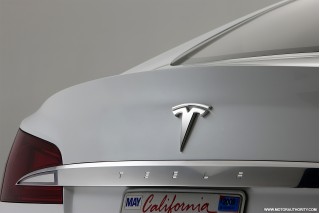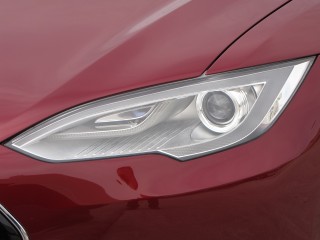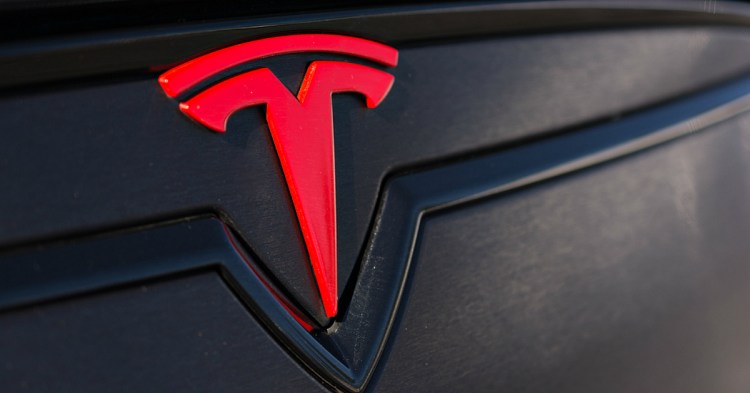In less than two weeks, the Tesla Model 3 electric car will be shown to the public for the first time.
With an anticipated 200-mile range and base price of $35,000 before incentives, the Model 3 is a key part of Tesla’s plan to produce 500,000 electric cars per year by 2020.
But to do that, Tesla will need more than a high-volume model.
It’ll need an upgraded factory capable of churning out many more electric cars.
Tesla has indeed been upgrading its Fremont, California, factory, adding new equipment and increasing the number of both human and robot workers.
The company recently showed the upgraded factory to Wall Street analysts, and they liked what they saw, according to a Bloomberg report.
 Compared to the state of the factory during a visit last year, “the progress witnessed is truly stunning,” wrote analyst James Albertine
Compared to the state of the factory during a visit last year, “the progress witnessed is truly stunning,” wrote analyst James Albertine
Tesla’s factory started out as a joint General Motors/Toyota facility, and did produce 500,000 cars per year during peak operation by those two companies.
Since reopening under Tesla ownership, though, the factory has been geared toward producing much smaller numbers of vehicles.
To increase capacity, Tesla installed new equipment, including a higher-capacity aluminum stamping press.
This press has 10 to 20 times the output of its predecessor, wrote an analyst from Credit Suisse.
The Model S and Model X both have aluminum bodies, but Tesla hasn’t disclosed the composition of the Model 3 body.
 Tesla also reportedly built a new paint shop, and increased the speed of its assembly lines to add capacity.
Tesla also reportedly built a new paint shop, and increased the speed of its assembly lines to add capacity.
And there is now a greater level of automation, but still with a large contingent of human workers.
Tesla expanded its workforce by 29 percent last year to 13,058, according to company filings.
Battery packs for the Model 3 will come from Tesla’s “Gigafactory,” near Reno, Nevada, which is still under construction.
The massive factory will provide not only the necessary capacity, but also the economy of scale needed to achieve the Model 3’s $35,000 base price.
But all of this work does not guarantee that the Model 3 will hit its 2017 production target.
![Tesla battery gigafactory site, Reno, Nevada, Feb 25, 2015 [photo: CC BY-NC-SA 4.0 Bob Tregilus] Tesla battery gigafactory site, Reno, Nevada, Feb 25, 2015 [photo: CC BY-NC-SA 4.0 Bob Tregilus]](http://images.hgmsites.net/sml/tesla-battery-gigafactory-site-reno-nevada-feb-25-2015-photo-cc-by-nc-sa-4-0-bob-tregilus_100502191_s.jpg) Tesla has missed its own production deadlines with every model so far.
Tesla has missed its own production deadlines with every model so far.
The Model X suffered particularly long delays, and analysts said the crossover was still rolling off the Fremont assembly line at a slower rate than the Model S sedan.
Tesla says it will apply lessons learned from the Model X to keeping the Model 3 launch on schedule.
The Model 3 will also likely have fewer of the complex features—like roof-hinged “Falcon doors”—that make the Model X more difficult to build.
We’ll find out more March 31, when the Model 3 is finally revealed to the public.


